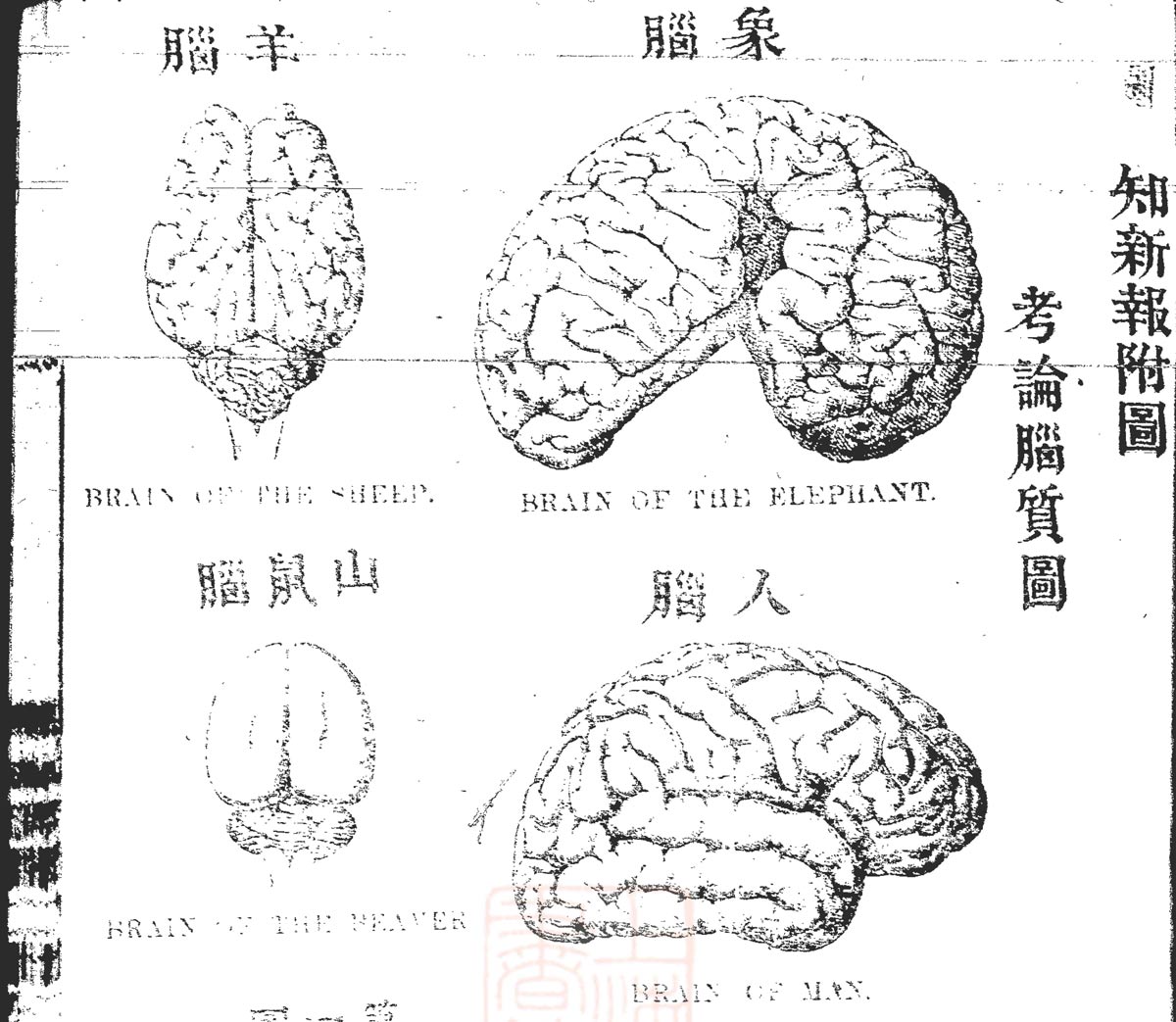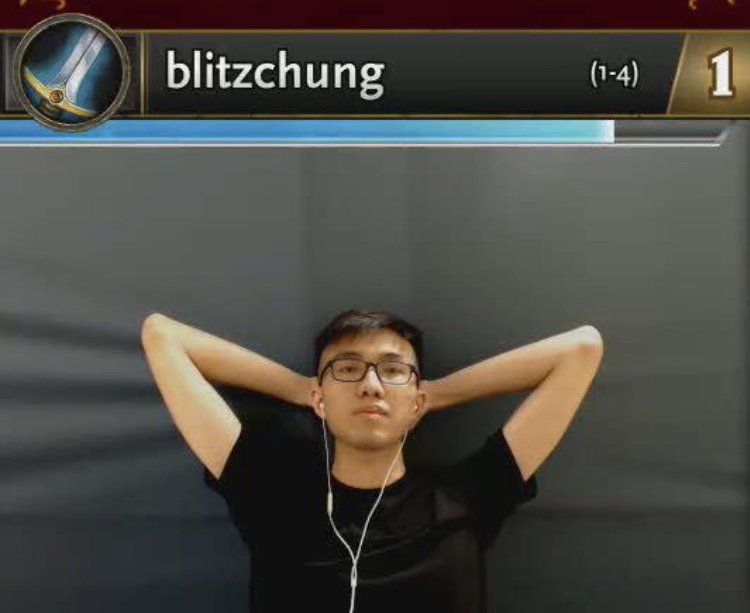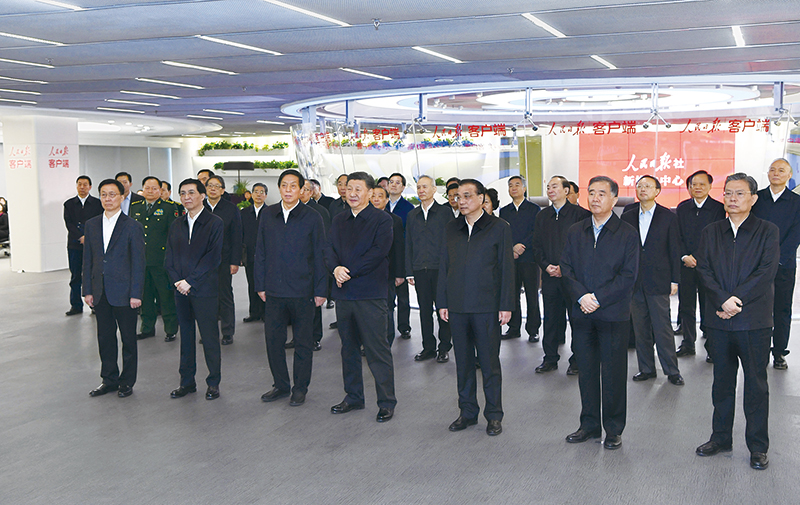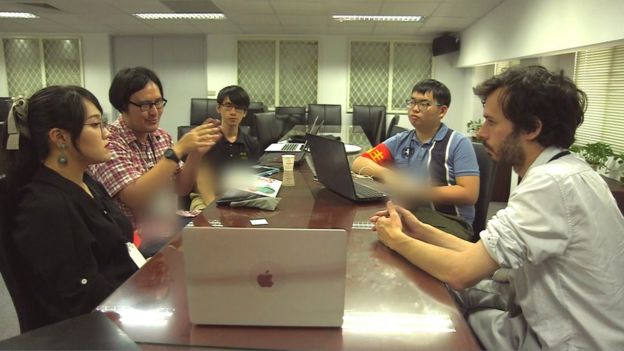Source: Made in China (10/8/19)
China and the Political Myth of ‘Brainwashing’
By Ryan Mitchell

‘Investigative Study of Brain Essence’, article and diagrams in the Zhixin Bao, 1897. Source: 全国报刊索引 database.
‘Brainwashing’ is a ubiquitous word, a basic part of the vocabulary in various languages around the world. In fact, the allegation is used so frequently in modern discourse that we might be puzzled as to how political arguments ever got by without its striking, pejorative imagery. It is de rigueur to describe those with different viewpoints as incapable of independent thought—instead, for example, Mainland Chinese citizens must have been ‘brainwashed’ into fervent nationalism, or, alternatively, Hong Kong protesters must have been ‘brainwashed’ by Western media or governments. Though it was the English word that became globalised from the middle of the twentieth century, writers on the topic have long claimed, with varying degrees of certainty, that it was in turn a calque of a preexisting Chinese term: xinao (洗脑), literally ‘to wash the brain’. Continue reading The Political Myth of ‘Brainwashing’










